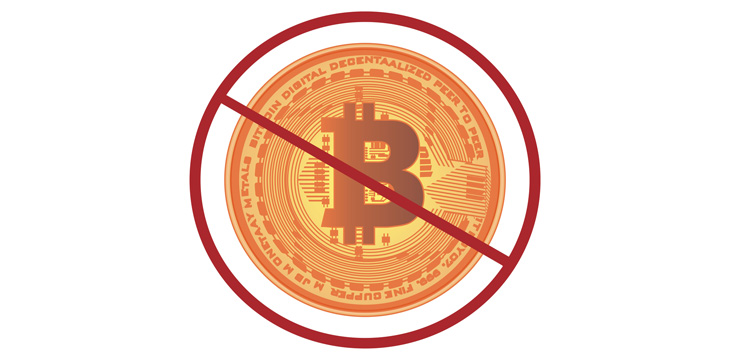|
Getting your Trinity Audio player ready...
|
The Board of Control for Cricket in India (BCCI) has prohibited franchises from displaying digital currency-related advertisements in the first edition of the Women’s Premier League (WPL) in a move that mirrors the government’s tough stance on digital currencies.
In a 68-page dossier sent to the league’s five teams, the BCCI reportedly said: “No franchisee shall undertake a partnership or any kind of association with an entity that is in any way connected/related to an entity that is involved/operates, directly or indirectly, in the cryptocurrency sector.”
The digital asset restriction on female cricket league games follows an earlier ban placed by the BCCI on the male sport, according to the Planet Sport report.
Digital asset advertising was not the only class mentioned in the document; the BCCI also banned ads affiliated with the gambling and tobacco sector and was also extended “surrogate advertisements” purporting to advertise products from non-permissible categories.
Advertisements related to fantasy sports, however, are allowed, according to the BCCI. The first match of the WPL will be played in March and will feature a combination of local and international stars, including England’s Nat Sciver-Brunt.
Prior to the BCCI’s ban on digital currency advertisements on cricket games, the league had previously featured adverts from CoinSwitch Kuber and CoinDCX, two local digital asset exchanges. In 2022, both entities decided to terminate their advertising deals with the league over responsibility concerns for views.
‘Crypto’ ads under intense scrutiny
Virtual currency advertising has come under intense scrutiny from regulatory agencies worldwide. Perhaps, the jurisdiction that has probed the advertisements the most is the United Kingdom, with its Advertising Standards Authority (ASA) upping the ante for firms.
After a busy 2022 flagging down virtual currency advertisements in violation of extant regulations, ASA’s new proposed rules could result in directors of virtual currency firms facing jail time for non-compliance.
Thailand’s Securities and Exchange Commission (SEC) also moved to tighten the rules on digital asset advertising, with service providers urged to provide the Commission with details of “ads and spending.” Thailand’s securities regulator has also made it mandatory for firms to submit relevant information involving the use of celebrities and influencers.
Watch: In India, there’s a thirst to build useful stuff

 02-10-2026
02-10-2026 




